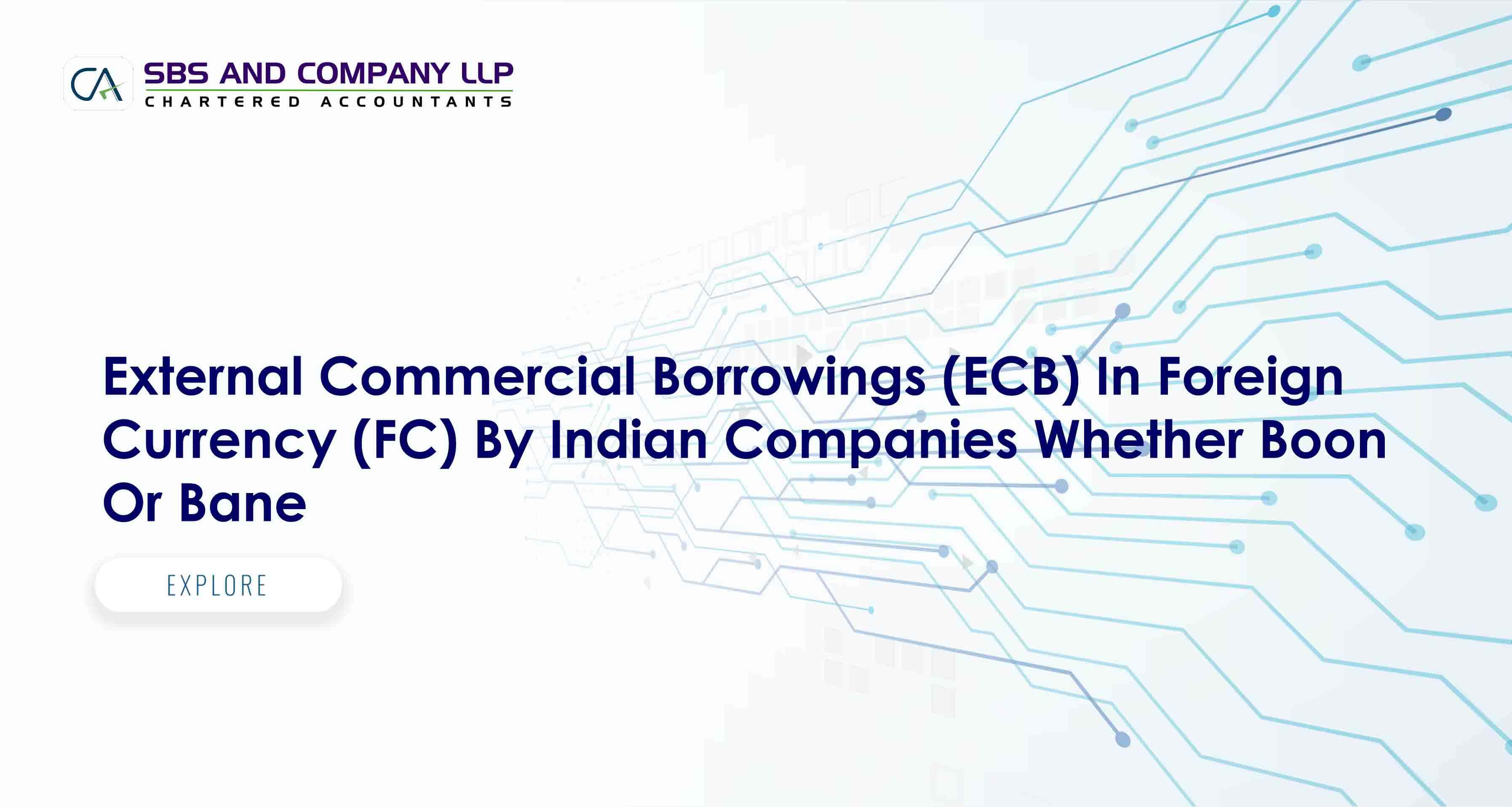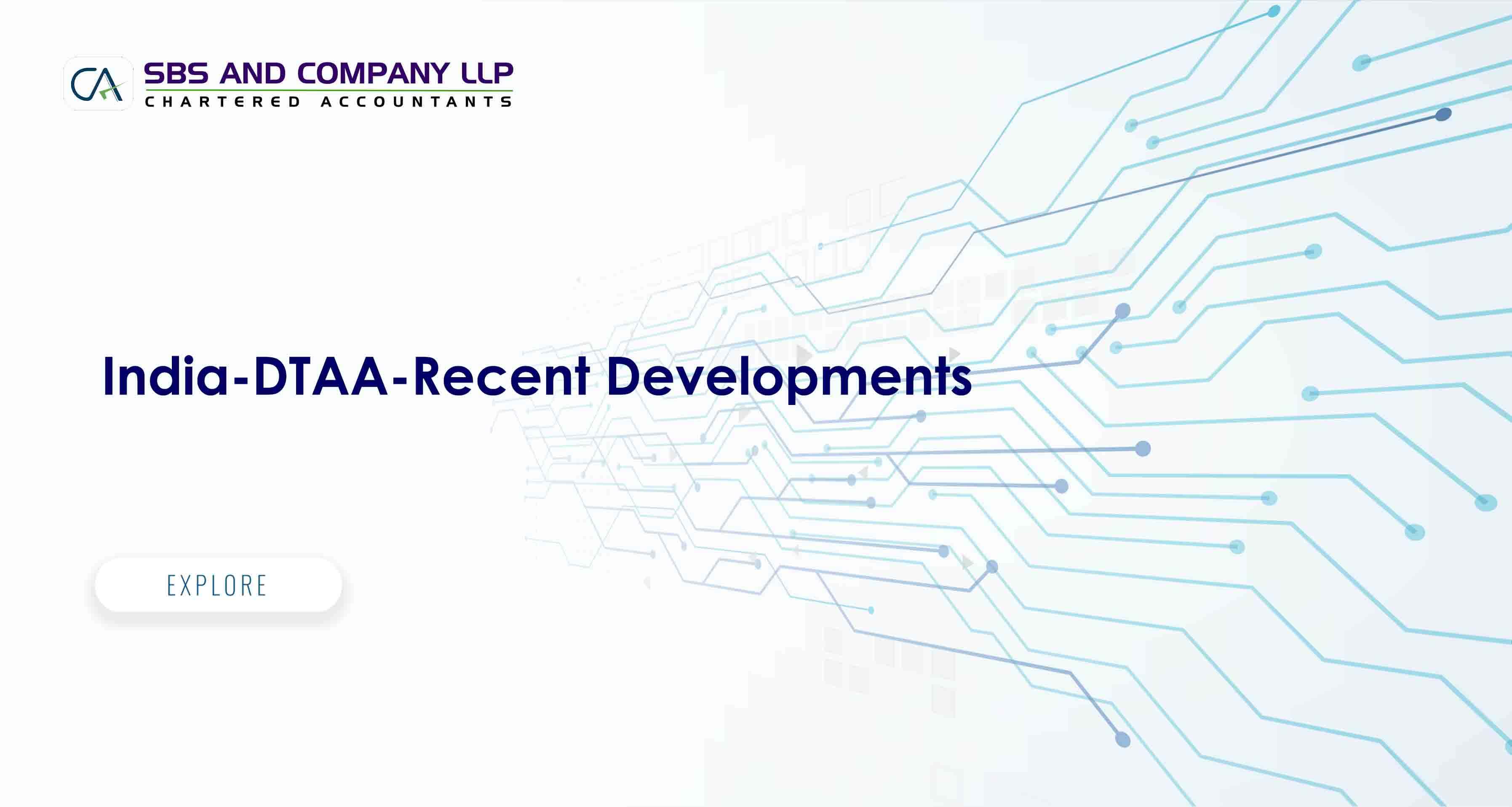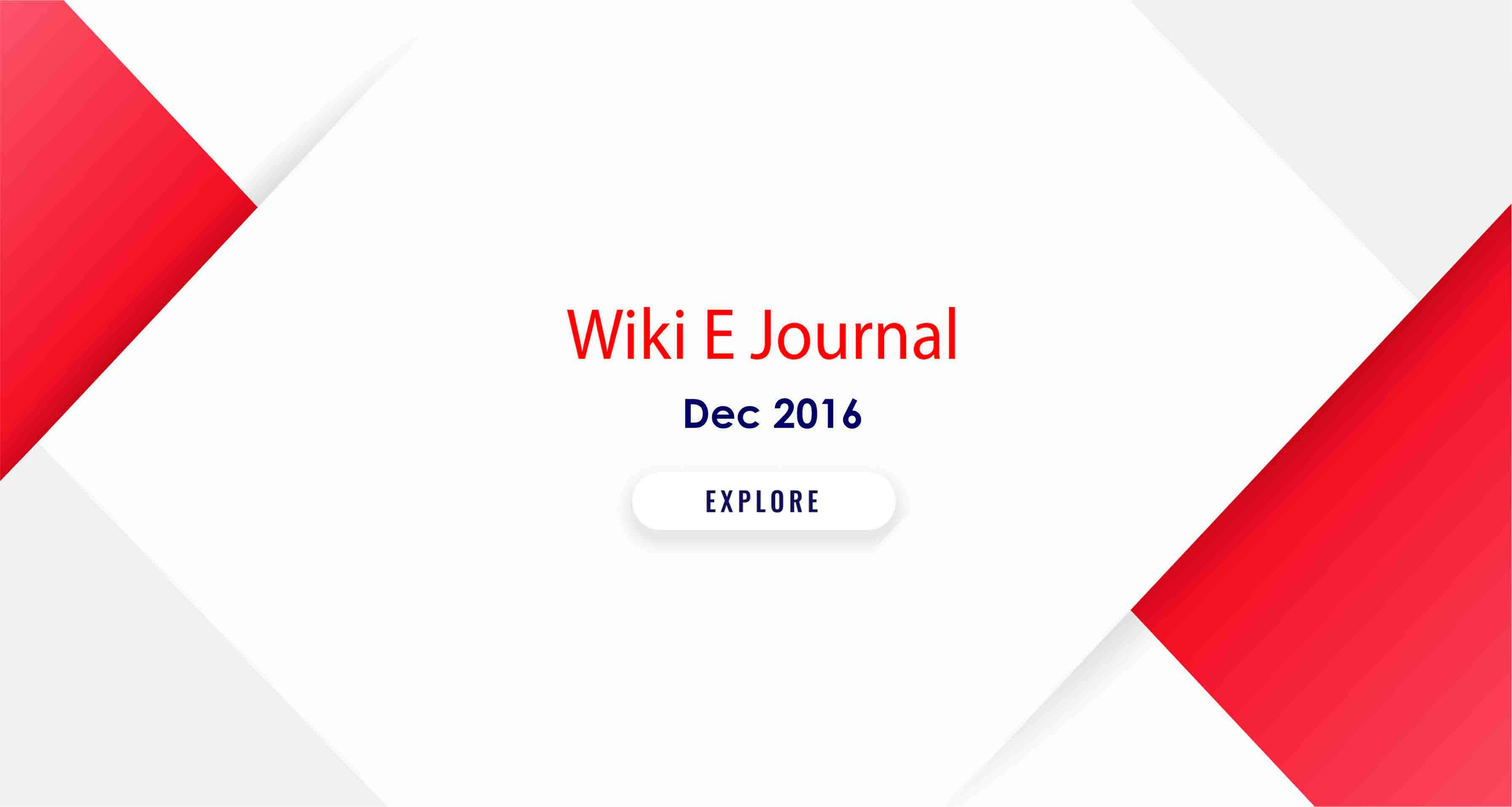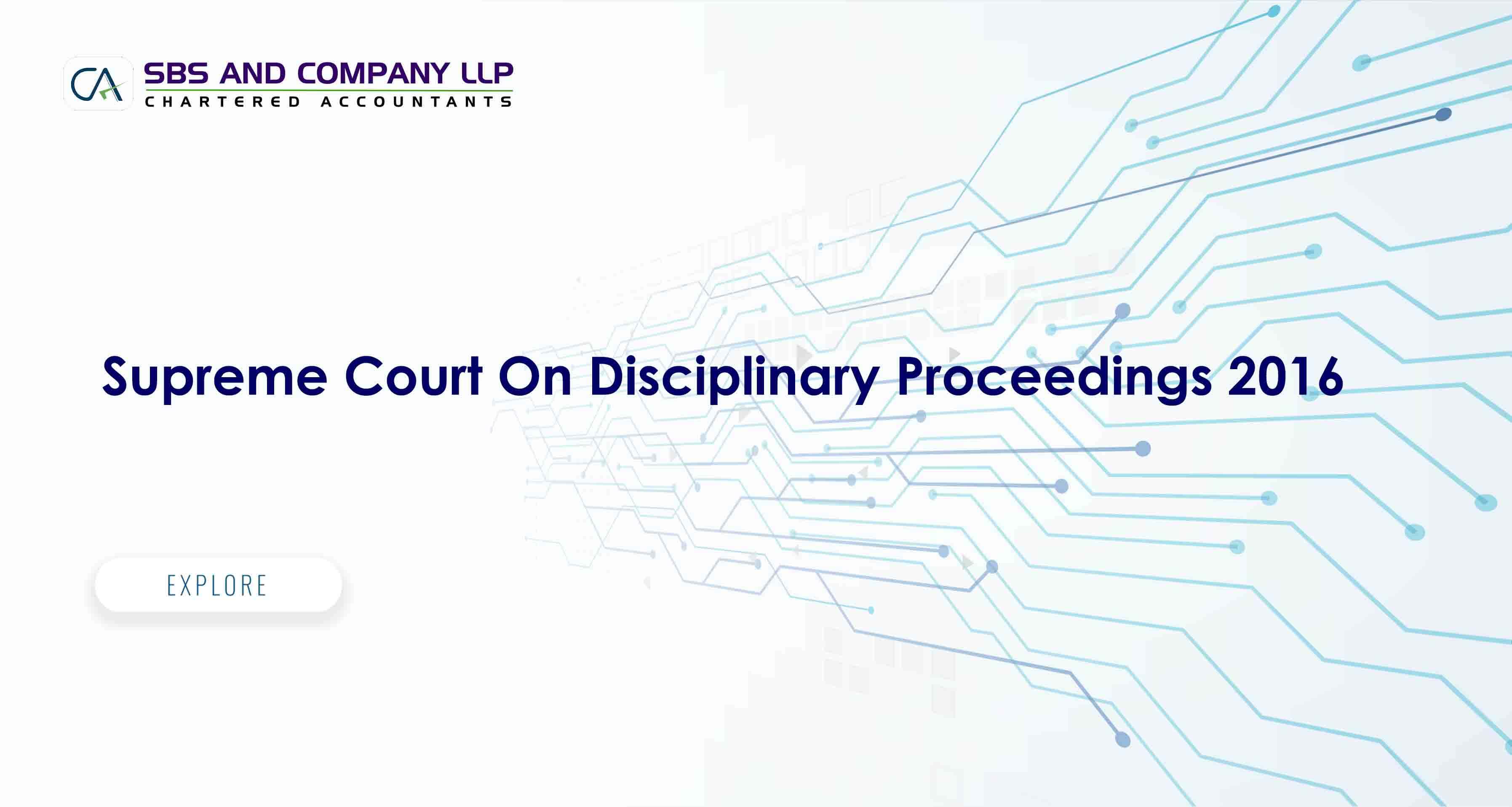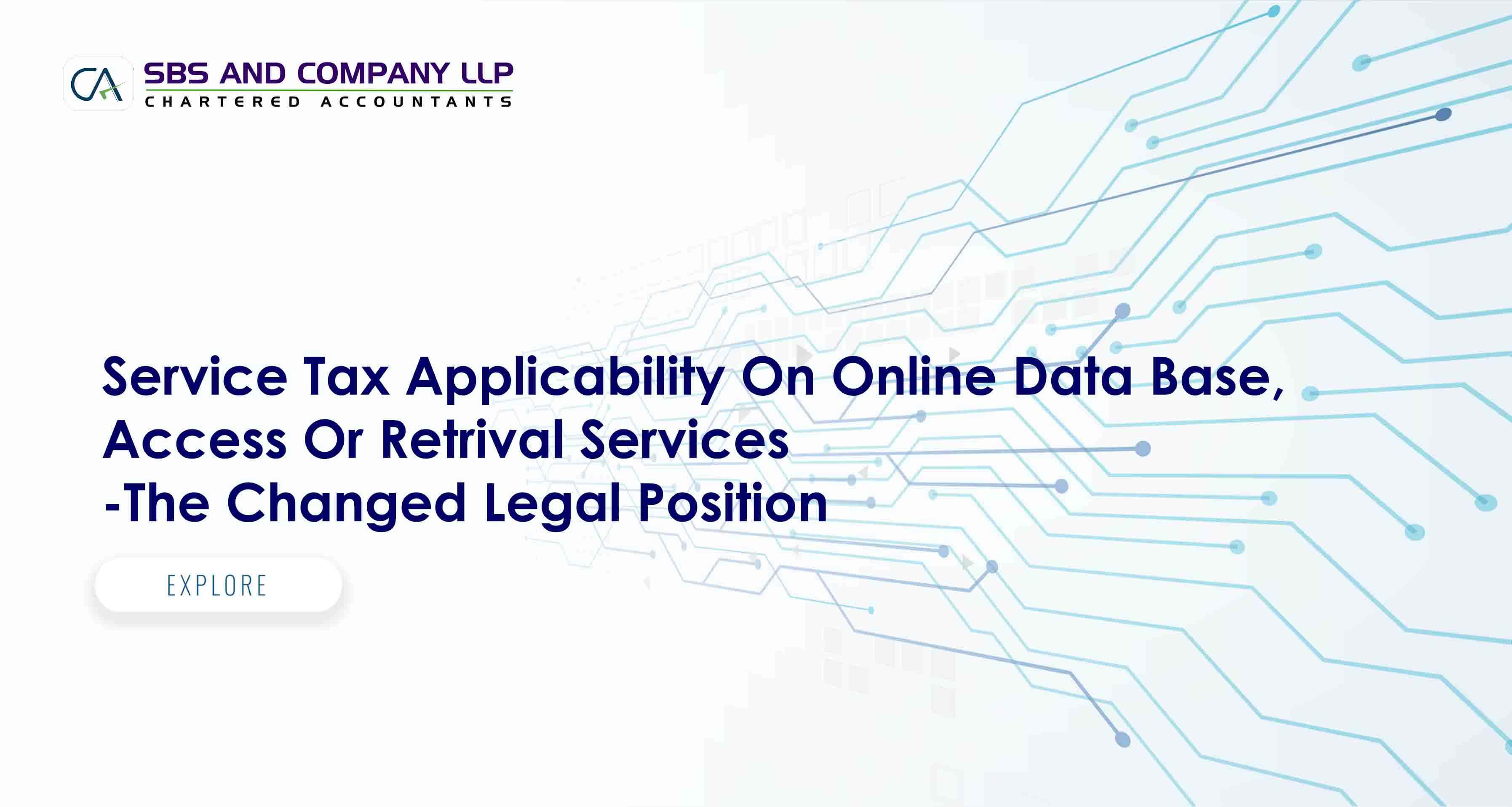- SBS AND COMPANY LLP
- Blog
- Hits: 1842
External Commercial Borrowings (ECB) In Foreign Currency (FC) By Indian Companies Whether Boon Or Bane??
RBI has issued ECB regulations viz., Foreign Exchange Management (Borrowing or Lending in Foreign Exchange)Regulations, 2000, Notification No. FEMA 3/ 2000-RB,dated May 3, 2000 read with Sec.6(3) of FEMA Act,1999
Indian companies are allowed to access funds from abroad in the following Methods:
ECB
FCCBs
Preference Shares/Debentures
FCEB


